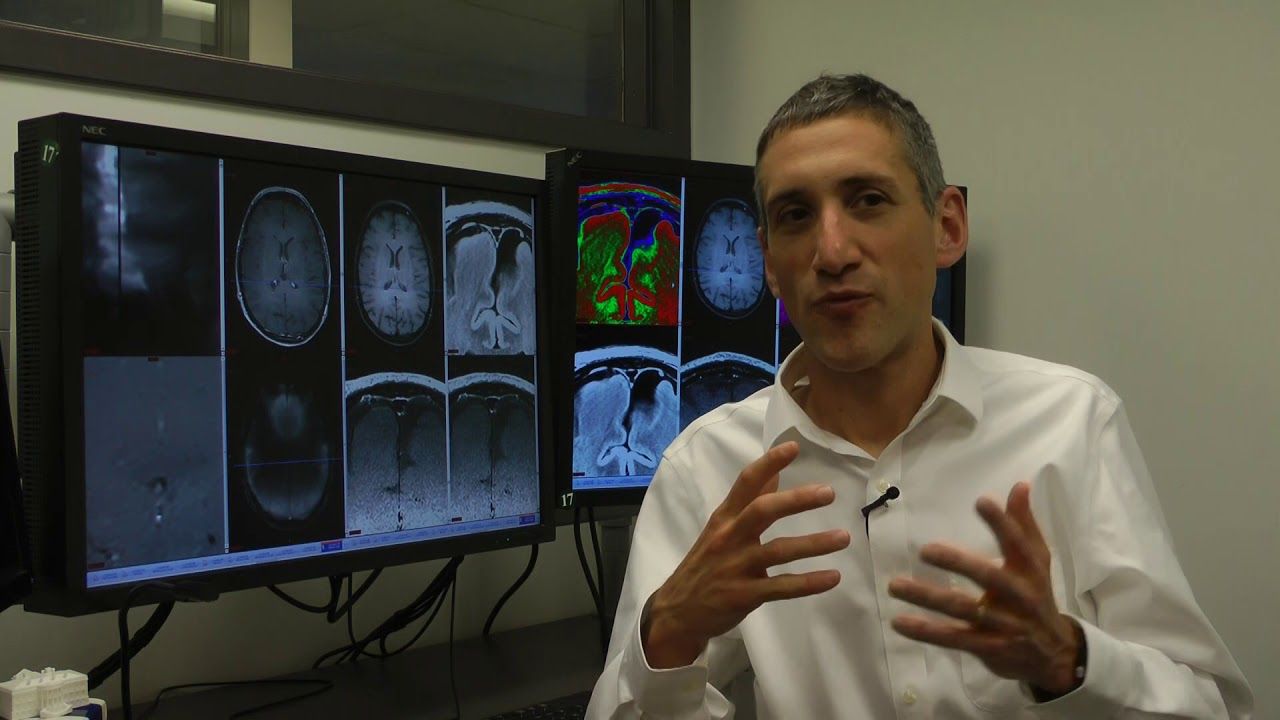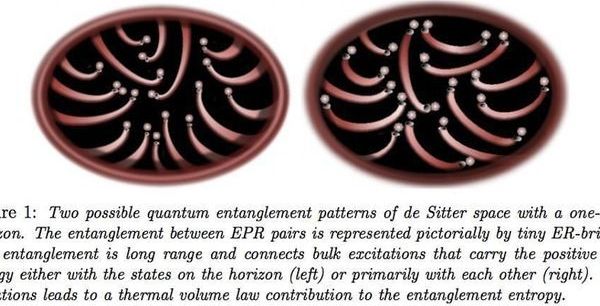Oct 5, 2017
Inside the Adidas Factory That Uses Robots to Build Running Shoes
Posted by Dan Kummer in categories: 3D printing, robotics/AI
How much faster can you build a sneaker, exactly? A lot, it turns out. Wired UK has paid a visit to Adidas, which is hauling shoe manufacturing from labor-intensive Chinese plants into the aptly named Speed Factories in America and Germany.
Using tricks like robotic knitting, advanced plastic forming, and 3D printing (which is provided by Carbon, one of our 50 Smartest Companies of 2017) Adidas plans to make even custom sneakers 90 times faster than it can right now. It plans to crank out 1 million pairs of shoes a year from two Speed Factories—one in Atlanta, Georgia, the other in Bavaria, Germany—by the end of 2017.
Such innovation, it hopes, will allow it to remain competitive with Nike and Under Armor, which currently dominate the sportswear world.
Continue reading “Inside the Adidas Factory That Uses Robots to Build Running Shoes” »

















